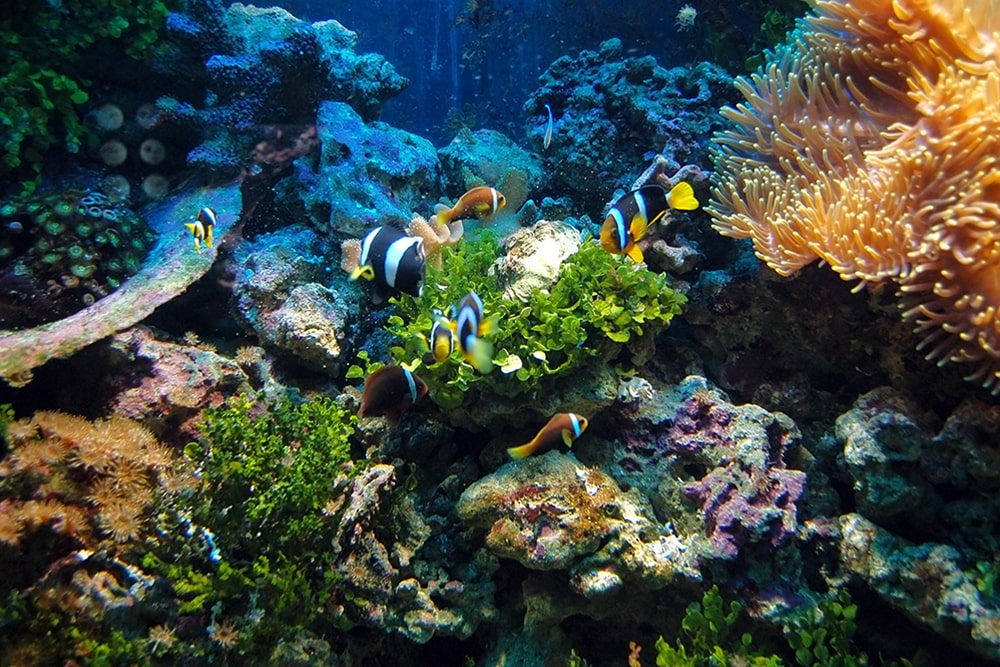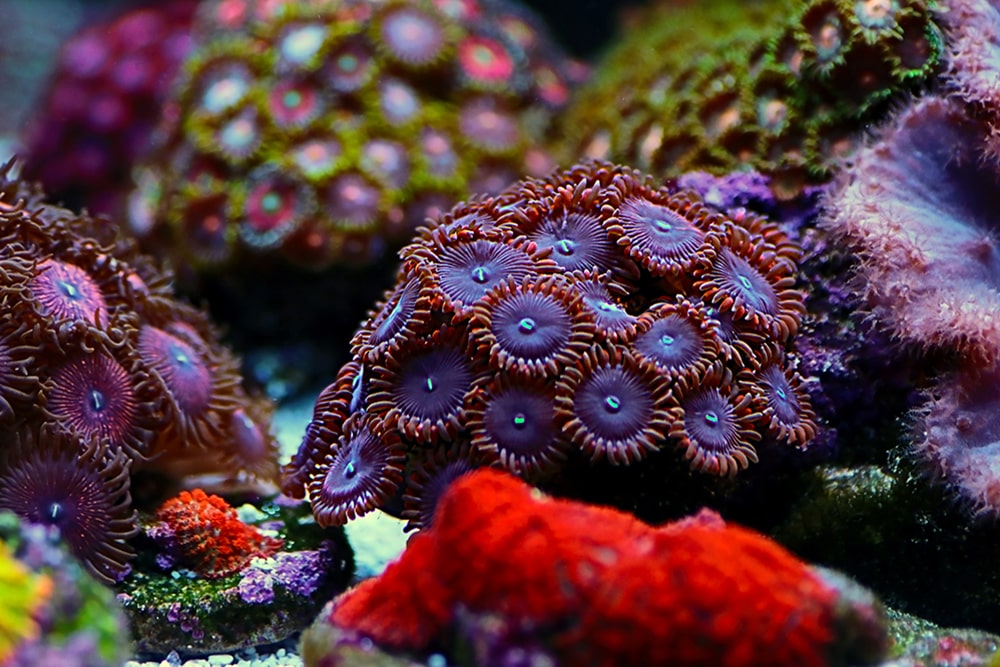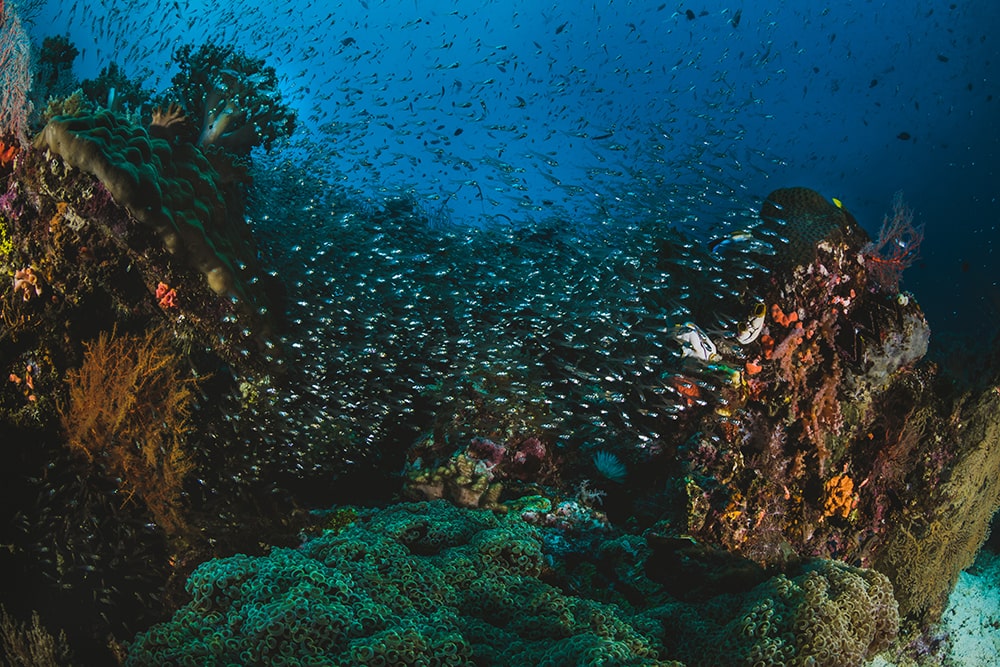The allure of marine flora and fauna extends beyond their aesthetic appeal; these organisms play critical roles in maintaining the health of our planet’s oceans. Coral reefs, often referred to as the “rainforests of the sea,” are hotspots of biodiversity. They provide shelter, food, and breeding grounds for a myriad of marine species, ranging from tiny clownfish to imposing sharks. The intricate structures built by coral polyps over centuries create a complex habitat where life thrives in abundance.
Seagrasses, although less conspicuous than coral reefs, are equally vital. These flowering plants form extensive underwater meadows that serve as nurseries for juvenile fish and provide food for herbivorous marine animals. Additionally, seagrasses play a crucial role in carbon sequestration and oxygen production, contributing significantly to the health of coastal ecosystems.


Kelp forests, found in cooler waters around the world, are another marvel of marine flora. These towering seaweeds can grow up to 30 meters tall and create dense underwater forests where a diverse community of organisms resides. Fish seek shelter among the kelp fronds, while sea otters are known to wrap themselves in kelp to anchor themselves while feeding on shellfish.
Turning our attention to marine fauna, the diversity and adaptations of underwater creatures never cease to amaze. The ocean’s inhabitants range from microscopic plankton that form the base of the marine food web to enormous whales that traverse oceans in search of food and breeding grounds. Dolphins and porpoises display remarkable intelligence and social behavior, often forming tight-knit pods that communicate through clicks and whistles.


Invertebrates such as octopuses and squids exhibit extraordinary abilities, including camouflage and complex problem-solving skills. Jellyfish, with their translucent bodies and stinging tentacles, are both fascinating and sometimes dangerous, embodying the dual nature of the ocean’s wonders.
In conclusion, exploring marine flora and fauna offers a profound appreciation for the interconnectedness of life in our oceans. As we continue to uncover the mysteries of the underwater world, it becomes increasingly clear that preserving these ecosystems is essential for the health of our planet and the well-being of future generations. Through responsible stewardship and conservation efforts, we can ensure that the wonders of marine flora and fauna continue to inspire and enrich our lives for years to come.